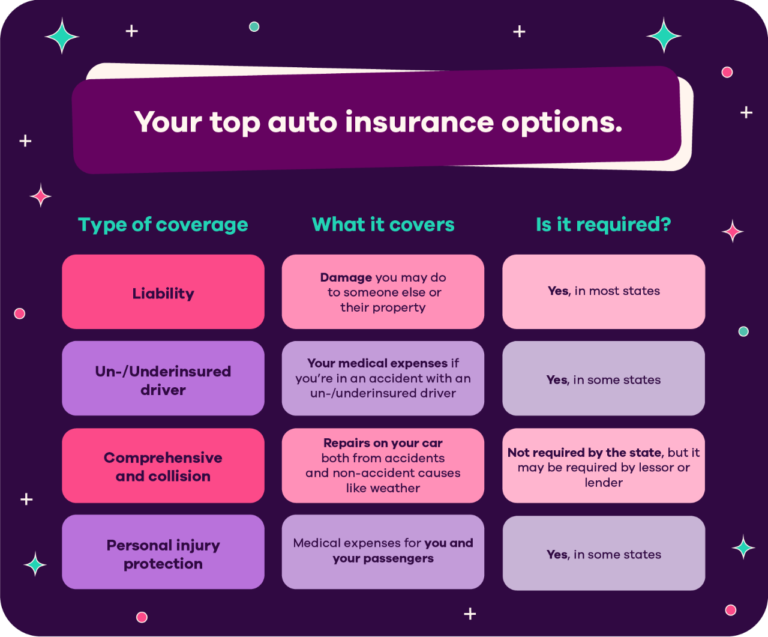Insurance Agency Challenges: Surviving the New Landscape
Insurance agency challenges have become increasingly pronounced in today’s fast-paced economic landscape, where independent insurance agencies are caught in a whirlwind of digital disruption, regulatory complexities, and cybersecurity threats. As they navigate these hurdles, agencies must also tackle the pressing issue of insurance lead generation to maintain a competitive edge. The surge in technological advancements has transformed customer expectations, pushing agencies to adapt or risk obsolescence. Additionally, a heightened focus on insurance regulatory compliance further complicates the operational environment, as agencies strive to align with ever-evolving standards. In this blog, we will dive deep into the five most significant challenges facing insurance agencies, providing insights into how they can overcome these obstacles while leveraging opportunities for growth.
The landscape of insurance agencies today is fraught with numerous obstacles that demand immediate attention. From the relentless pace of technological advancement to the complexities of adhering to regulatory mandates, independent insurance providers find themselves in a precarious position. The imperative for effective lead generation has never been more critical, as agencies grapple with the shifting dynamics of client engagement and retention. Furthermore, the looming threat of cyberattacks necessitates a robust approach to data security, ensuring that sensitive information is safeguarded against potential breaches. This discussion will explore the pressing issues confronting insurance providers and propose strategies to navigate these turbulent waters.
Navigating Digital Disruption in Insurance
The insurance sector is currently experiencing a radical shift due to digital disruption, which is instigating a transformation in how agencies operate and interact with their clients. As independent insurance agencies embrace advanced technologies, they are confronted with a dual challenge: integrating innovative solutions while safeguarding their operations against emerging cybersecurity threats. The demand for digital services has escalated, necessitating independent agents to adapt quickly or risk obsolescence. This environment compels agencies to not only upgrade their technological infrastructure but also to cultivate a workforce proficient in digital tools.
The transition to a digitally proficient agency does not come without its hurdles. Independent insurance agencies often face resistance from employees who may be accustomed to traditional methods, leading to increased stress and potential errors during the adaptation process. To mitigate these risks, agencies should invest in comprehensive training programs that empower their staff to navigate new technologies confidently. Moreover, fostering a culture of innovation can help alleviate fears related to these changes, ultimately allowing agencies to thrive in this new digital landscape.
Insurance Agency Challenges and Opportunities
Amidst the ongoing challenges faced by independent insurance agencies, there exists a silver lining of opportunities waiting to be harnessed. The complexities of the insurance market, driven by rising inflation, geopolitical uncertainties, and environmental issues, create a pressing need for agencies to innovate and enhance their service offerings. By identifying their unique selling propositions, such as personalized services and local expertise, independent agencies can differentiate themselves from larger competitors and capture niche markets. This strategic focus can lead to enhanced client loyalty and retention.
Furthermore, independent insurance agencies can leverage technology to streamline operations and improve customer engagement. Utilizing CRM systems to manage leads effectively and enhance communication with clients is crucial in this competitive landscape. By automating mundane tasks and focusing on building relationships, agencies can not only survive but thrive, turning challenges into avenues for growth. Developing robust marketing strategies that resonate with target audiences while emphasizing the agency’s unique advantages will be vital in navigating the evolving insurance landscape.
Understanding Increasing Regulatory Complexity
The insurance industry is heavily regulated, and maintaining compliance is a daunting task for independent agencies. As regulations become increasingly complex, agencies must invest considerable time and resources to stay informed about changes that may impact their operations. Non-compliance can lead to severe penalties, including fines and loss of licensure, making it imperative for agencies to develop a proactive approach to regulatory adherence. Establishing a dedicated compliance team or utilizing specialized compliance software can greatly assist agencies in navigating this intricate landscape.
Moreover, with the rise of digital platforms, regulatory compliance has also expanded to include digital marketing practices, data protection, and cybersecurity measures. Independent insurance agencies must therefore expand their understanding of both traditional regulatory requirements and new digital regulations to ensure comprehensive compliance. Regular training sessions for employees on these topics can help mitigate risks and foster a culture of compliance within the organization.
Enhancing Lead Generation Strategies
Lead generation remains a critical challenge for independent insurance agencies, with many struggling to identify and engage potential clients effectively. To enhance lead generation efforts, agencies should consider diversifying their marketing strategies by incorporating digital marketing tools such as social media campaigns, search engine optimization (SEO), and content marketing. These strategies not only increase visibility but also help agencies to attract leads that are more aligned with their offered services.
In addition to broadening their marketing approaches, independent agencies must also develop a robust system for managing leads once they are generated. Implementing a centralized CRM system allows agencies to track interactions with potential clients, segment leads based on behavior, and nurture relationships throughout the sales funnel. By adopting a systematic approach to lead management, independent insurance agencies can ensure that they do not miss valuable opportunities and can convert leads into loyal customers.
Mitigating Cybersecurity Threats in Insurance
As the insurance industry becomes increasingly reliant on technology, the risk of cyber threats looms larger than ever. Insurance companies handle sensitive data, including personal, medical, and financial information, making them prime targets for cybercriminals. To protect this information, agencies must prioritize cybersecurity by implementing robust security protocols, conducting regular security audits, and providing employee training on best practices for data protection. This proactive approach not only safeguards the agency’s data but also builds trust with clients, who expect their information to be protected.
Moreover, independent insurance agencies should stay informed about the latest cyber threats and emerging technologies that can enhance their cybersecurity posture. Collaborating with cybersecurity experts to develop a comprehensive response plan can prepare agencies for potential breaches and minimize damage. The importance of maintaining high cybersecurity standards cannot be overstated, as the repercussions of a breach can be devastating, both financially and reputationally.
Frequently Asked Questions
What are the main challenges independent insurance agencies face with digital disruption in insurance?
Independent insurance agencies are increasingly challenged by digital disruption as they must integrate new technologies while managing the risks of cybersecurity threats. The shift to digital workflows can lead to stress among employees and potential errors, making it critical for agencies to adopt technology effectively to meet the evolving customer expectations for instant services.
How does increasing regulatory complexity impact independent insurance agencies?
Increasing regulatory complexity poses significant challenges for independent insurance agencies, requiring them to stay informed about continuously changing regulations. Complying with these requirements is essential to avoid legal repercussions, and agencies must implement adaptable systems to respond quickly to regulatory updates across different jurisdictions.
What strategies can independent insurance agencies employ for better insurance lead generation?
To improve insurance lead generation, independent agencies should focus on developing robust strategies that include targeted marketing efforts and effective customer relationship management (CRM) systems. Identifying the right prospects and having clear follow-up plans are vital to converting leads into clients, as many agencies struggle with low lead generation rates.
What cybersecurity threats should independent insurance agencies be aware of?
Independent insurance agencies are at risk of various cybersecurity threats due to the sensitive nature of the data they handle. Cyber attackers often target these agencies to exploit confidential information. Therefore, agencies must remain vigilant and implement strong cybersecurity measures to protect themselves from potential breaches.
How can independent insurance agencies adapt to the challenges of digital transformation?
To adapt to the challenges of digital transformation, independent insurance agencies should prioritize embracing technology that enhances efficiency and customer service. This includes investing in training for staff to navigate new systems effectively and ensuring that they are equipped to manage the cybersecurity risks associated with digital workflows.
| Challenge | Description |
|---|---|
| Digital Disruption | The insurance industry is undergoing digital transformation, requiring agencies to integrate new technologies while managing increased cybersecurity threats and employee stress. |
| Increasing Regulatory Complexity | Independent agencies must navigate complex and changing regulations, which can be resource-intensive and critical for compliance. |
| Low Lead Generation | Lead generation is a primary challenge for agencies, necessitating effective strategies to identify and manage prospects. |
| Cyber Threats | Insurance companies are at risk of cyberattacks due to the sensitive information they handle, requiring robust cybersecurity measures. |
Summary
Insurance Agency Challenges are multifaceted and increasingly complex, placing independent agencies under significant pressure. As market fluctuations and economic uncertainties persist, agencies must adapt to digital disruptions and navigate an evolving regulatory landscape. The competition for leads and the threat of cyberattacks further compound these challenges. However, embracing technology and building strong community relationships can provide independent agencies with the resilience needed to thrive in this turbulent environment. By recognizing and addressing these challenges head-on, insurance agencies can not only survive but also seize new opportunities for growth.







